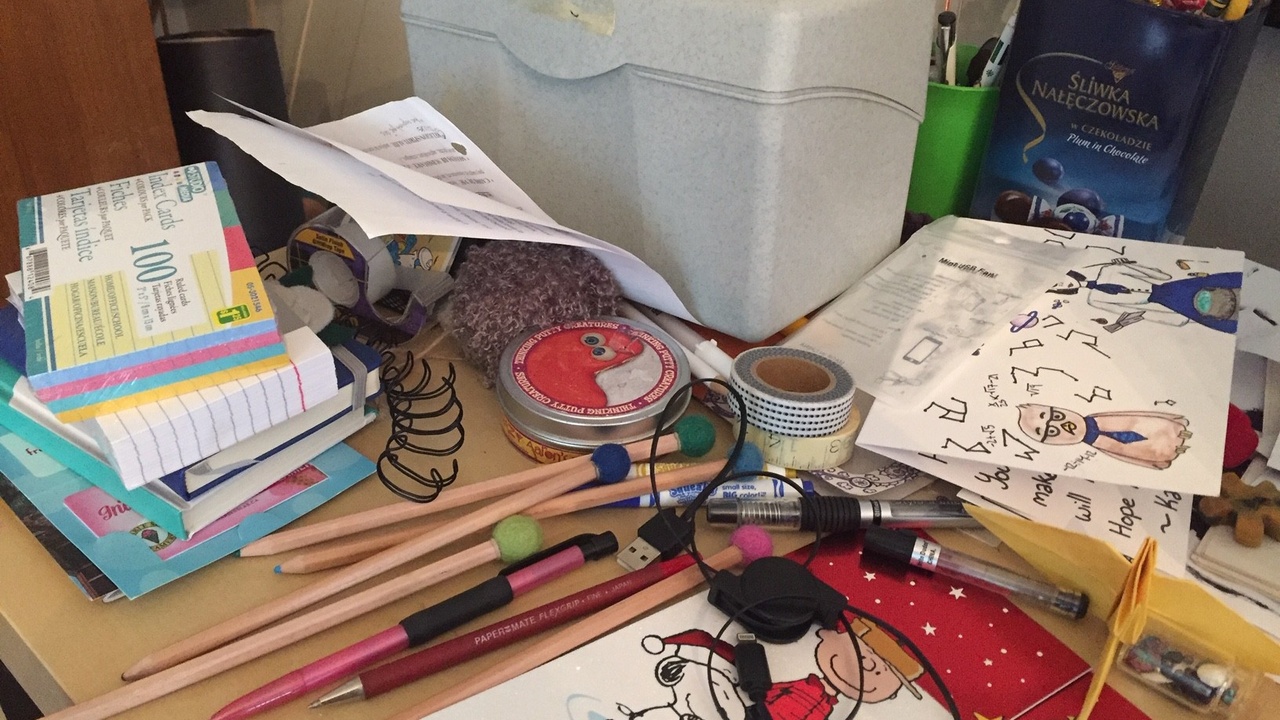
Productivity, Procrastination and End-of-Life Planning
Jan 11, 2019Like many people, vacation days often find me reading more than usual. So when perusing a book store recently, I felt drawn to a book called The Productivity Project, by Chris Bailey. I devoured the book, and especially took in what Bailey had to say about procrastination. His message reinforces why so many people tend to put off end-of-life planning for “some day.”
The more unattractive or dreaded a task is to us, the more likely we are to postpone it. Bailey shares six task attributes that trigger procrastination. The more of these attributes a task has, and the more intense they are, the more likely we’ll procrastinate. The triggering attributes are:
- difficult
- boring
- frustrating
- unstructured or ambiguous
- lacking in personal meaning
- lacking in intrinsic rewards (including, not fun or engaging)
Now think of just one thing you’ve been putting off that relates to end-of-life planning tasks. This may include writing Love Letters, your Heart Will, writing your Departure Directions, having important conversations, decluttering your home, or writing or updating your will.
Think about your task, and see how many of those attributes your task has and rate how intense each one is on a scale from 1-5.
Battle of the Brain Parts
While we consider procrastinating on a task, our limbic system and prefrontal cortex battle it out in our brain. Simply put, our limbic system is the emotional, instinctual part of our brain and our prefrontal cortex is the logical part that’s good at keeping longer-term goals in mind. Although they work together, inevitably one of them will get the upper hand.
Either we procrastinate, and the limbic system is victorious, or we tackle the “dreaded” task, and our prefrontal cortex wins the day. But there’s hope! The way to help our prefrontal cortex gain control over our brain, is to flip each of the triggers.
Flip your procrastination triggers and get into action with end-of-life planning.
When I think about decluttering my home, for example, I can make it more fun (less boring) by doing it with someone or having music to accompany me. I can reduce the frustration or expectations each time I work on the task, by setting a timer for one hour (or even less!), and plan to only go through a limited amount of “stuff.”
I can make it easier and less ambiguous by putting some structure in place, such as starting in one room or one box. As for making it more personally meaningful, I just have to imagine what someone else would have to go through if I were to die suddenly and unexpectedly. And if I want some intrinsic reward other than the pleasure of loving my abode, I can have a small dinner party when I’m done, something I tend not to do when my home feels messy to me.
What makes end-of-life planning so difficult?
There’s one one trigger that is likely common for every end-of-life planning task, and that’s “difficult”. While the task itself may or may not seem logistically difficult, contemplating the inevitable end to our life as we know it, is emotionally charged.
What about you?
What end-of-life planning tasks have you been procrastinating?
What are some of the triggers that you can flip and how?
What planning success stories can you share to inspire and inform our growing community?



